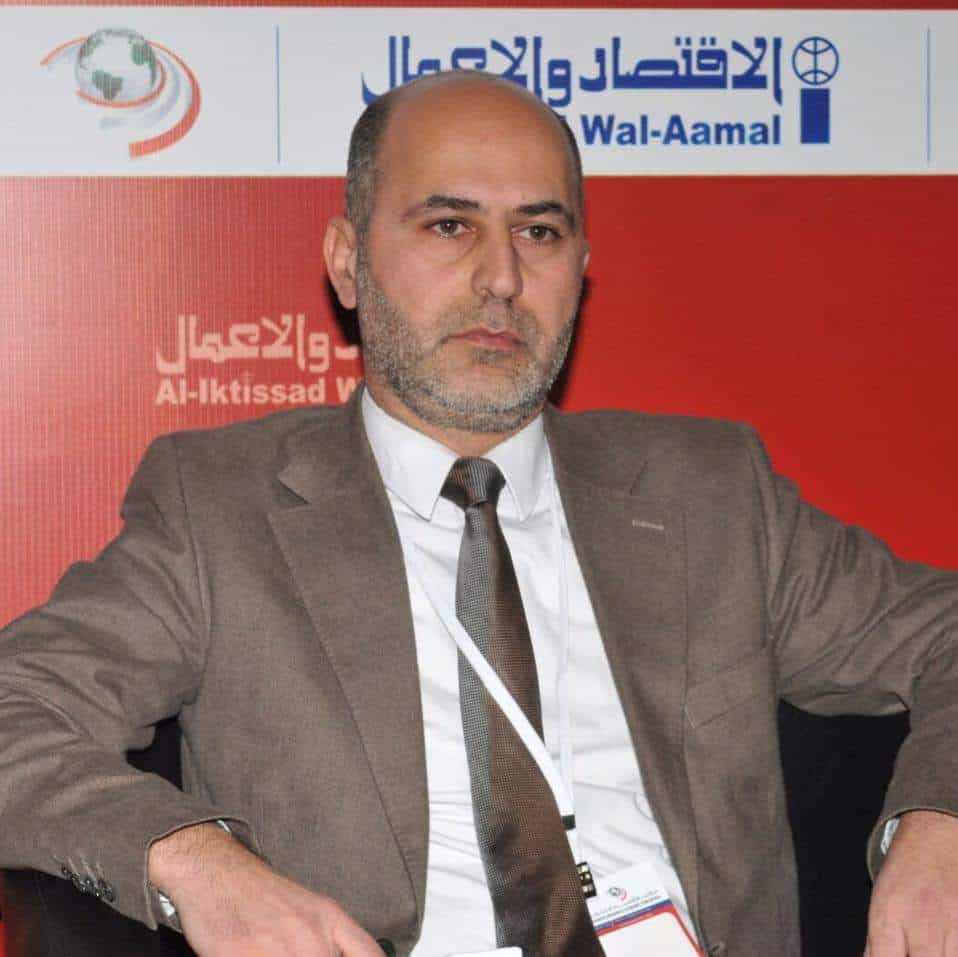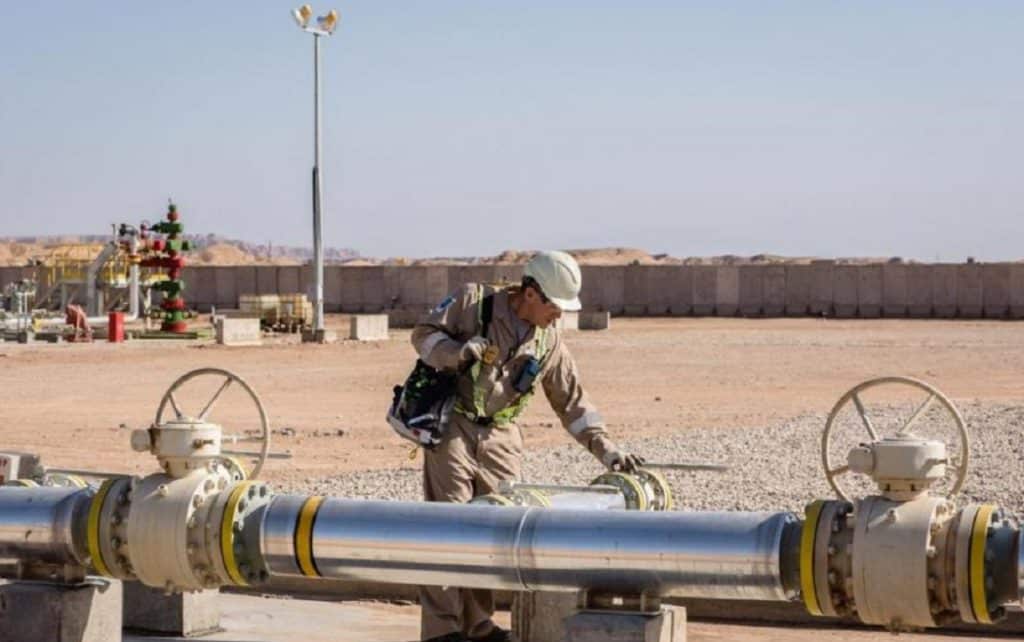Denis Korkodinov – Interview with Hassan Obeid
The modern global economy is in a state of transformation. This process is caused not only by the US-Iranian standoff over control of energy routes, but also by attacks on Saudi oil facilities. Fundamental shifts in geoeconomics have occurred, including as a result of social unrest that swept many countries of the Greater Middle East (Algeria, Iran, Iraq and Lebanon). Under the influence of the threat of another “Arab spring”, the international community is forced to adjust its economic plans to minimize damage from social upheavals and the political crisis. At the same time, the Gulf countries and the USA are rapidly losing ground on the world stage, giving way to Russia and China, creating the basis for a new era of energy partnerships.
Speaking specifically for World Geostrategic Insights, we talked about this with Hassan Obeid, a senior analyst at the finance department of the School of Business in Paris (EBS Paris).

1. Experts predict that as a result of structural changes in the regional economy in the Greater Middle East, in at least 4 countries, revolutions are possible in 2020, caused by the poverty of the majority of the population. In particular, we are talking about Iran, Iraq, Lebanon and Algeria, where social unrest began not so long ago. What do you think about this?
– There are many interrelated factors that affect the history, present and future of the region, namely the internal and external global, regional, political and economic short-term and long-term, including doctrinal and temporary variables.
These four countries are distinguished by their existing oil reserves, but in different proportions, and they are united by one ideological approach to the Palestinian problem, or rather, solidarity with Palestine and rejection of Israel. Thus, there are two external engines that the struggle for survival organizes in these countries. And here we have in mind Tel Aviv, as well as the administration of the White House and those who represent it.
The political and economic structures of these countries are different, although there are many similarities between Lebanon and Iraq. At a time when unilateral religious power in Iran controls a group of religious communities, while in Lebanon, Iraq and, especially in Algeria, a completely different situation.
At the macro level, we see the Lebanese economy as the most complex of the economies of the four countries you represent. Thus, in Lebanon, the ratio of debt to national income is about 150%, and the level of corruption is the highest in the world. And, for example, in Algeria, the budget deficit does not exceed 60%, 50% in Iraq and 5% in Iran.
While Iraq is the fourth largest oil producer in the world, followed by Iran in fifth place and Algeria in 18th place in the world, Lebanon is still at the oil exploration stage.
Thus, the economic structure of these countries varies from country to country, since in the first three countries it depends on oil production, and in Lebanon it depends on services and the banking sector, therefore, of course, the ways to manage the crisis are different.
In conclusion, it should be noted that the intensity of these demonstrations depends on the ability of the authorities of these countries to meet the demands of people, on the one hand, and their ability to withstand external interference, on the other hand. Responding to demands will lead the people to the side of power in the face of external interference.
2. At present, China is actively seeking to expand its influence in the Middle East through its Belt and Road project, which involves an investment of $ 1 trillion. In this regard, Beijing considers itself entitled to call the territory of the Middle East “West Asia”, which is under the Chinese protectorate. Is it really? Why is China so important to the Middle East?
– The trade war taking place between China and the United States cost Beijing large volumes of foreign trade and, thus, had an impact on the world economy as a whole.
Chinese imports rank first in trade with the US at $ 636 billion annually. The obstacles that the United States created for this import in March 2018 led to a decrease in the cost of trade exchanges between the two countries. Therefore, China began to search for markets for its goods and economic partners locally. And this helped create an economic bloc consisting of Russia, China, Iran and countries in its orbit, such as Lebanon and Iraq.
3. According to several international analysts, the modern world is entering a new era of energy partnerships that better reflect the changes caused by the boom in energy supplies in the United States, the energy transition and wider geopolitical dynamics. At the same time, the White House administration is trying to balance between preserving Middle Eastern partners and acquiring new partners in the Asia-Pacific direction, and also trying to counter the growing influence of Russia in energy-producing countries. Do you agree with this statement?
– The economy of the main countries depends on production, which, in turn, is based on energy sources. Energy-rich countries like Russia do not suffer from this problem. For countries that depend on energy imports, such as Europe, they import more than 80% of their needs. For example, Germany, which is the fourth largest economic country, imports over 35% of its oil needs from Russia.
Oil exports are also a problem for producing countries, whose economies are highly dependent on oil and gas sales, such as Saudi Arabia or Qatar.
The Syrian war was the basis of this equation, since the main goal was to seize oil and gas corridors from the Persian Gulf countries through Syria to Europe.
What happened in Syria during the last period brings with it strategic and economic success for Russia, which has maintained its presence and strengthened its relations with the countries of the Middle East, the most important of which is Syria, as well as success for its ally Iran from the point of view of military and ideological conditions.
It remains that the American player in this region has significant advantages due to its militarily strong ally to Israel and its allies in the Gulf countries. But what we saw at a recent NATO summit in statements by European heads of state, for example, a statement by the French president (“NATO suffers from brain death”), indicates that Europe does not support the American president in his Middle East politics.
Image Credit: Gazprom Neft







